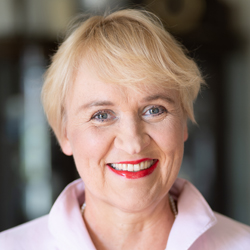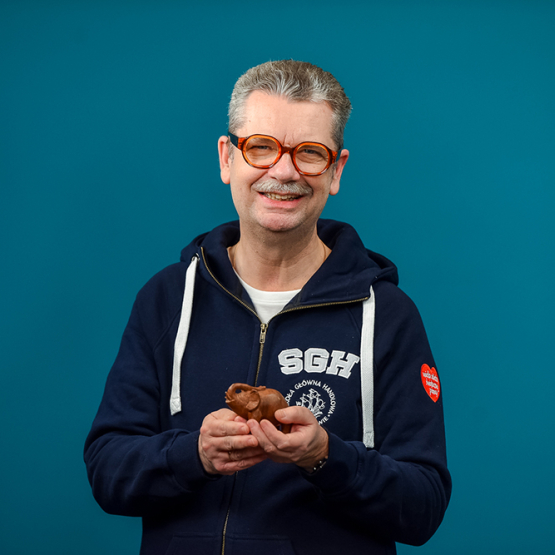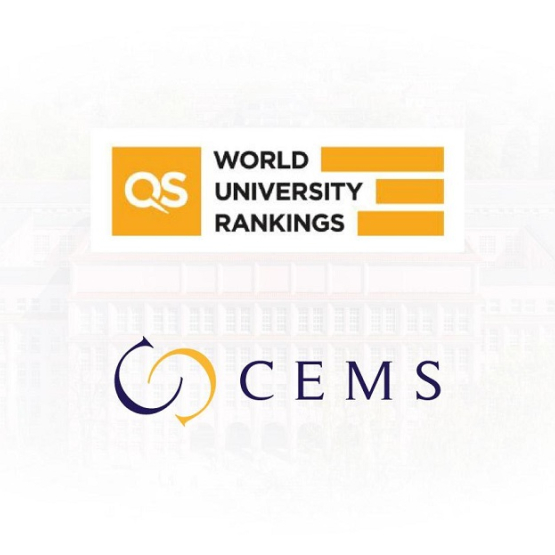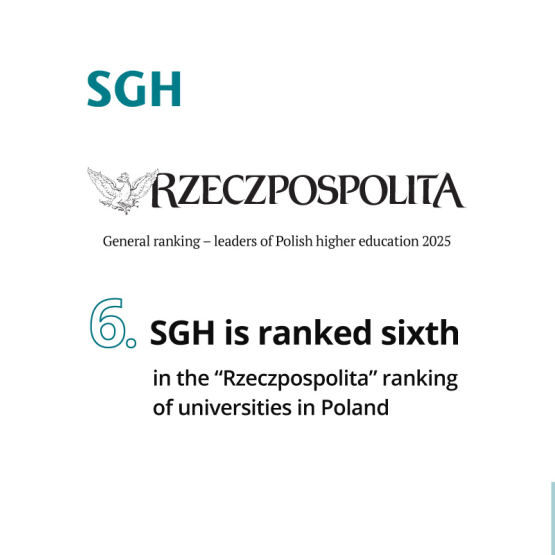
On 23-24 November 2023, at the invitation of the European Economic and Social Committee (EESC) I took part in a seminar “Connecting EU Seminar 2023” on the panel called “Civil society and elections: winning the hearts and minds of European voters” which discussed the role of the civil society in elections. We focused on how to win the hearts and minds of European voters.
The seminar was held by EESC and the European Labour Authority (ELA) in Bratislava. The capital city of Slovakia was chosen not only because it is a seat of ELA, but also because it saw the lowest turnout in its election to the European Parliament in 2019. Only 25% of voters went to the polls.
This year’s election to the EP will be held in all member states of the EU on 6-9 June, in Poland on 9 June.
Encouraging citizens to cast their ballots presents the greatest challenge both to the politicians and the civil society organisations. According to the data from the last election of 2019, the average turnout in EU elections accounted for 50.6%, a significant increase on 2014 when it stood at 40.2%. However, the turnout in particular member states varies and depends on multiple factors, such as the voters’ attitude to the very idea of European integration, political culture, support for the principles of the democratic rule, trust towards politicians, as well as on how the world of politics is generally perceived by voters.
An almost 75% turnout in the parliamentary election in Poland on 15 October 2023, which brought about a democratic change in government, has raised some hope of the EP election turnout being likely to grow too.
A united Europe stands a chance of meeting the numerous challenges of the future: threats related to the use of AI or climate change. A solid proof for how efficient united efforts can be is provided by a successful tackling of the COVID-19 pandemic, which was made possible thanks to the solidarity and collaboration of all EU states.
Current barriers and threats are primarily disinformation, frequently spread by the Russian and Chinese sources, lack of knowledge on how the European institutions, particularly the EP, operate, low awareness of citizen agency and its impact on changes in the political scene, which can ultimately affect priorities of the implemented policies.
It should be borne in mind that the European Economic and Social Committee acts as an advisory body to other institutions. EESC is a civil society in miniature, it acts as a representation of employee, employer and other stakeholder organisations. Its role is to issue opinions on European cases submitted to the European Commission, Council of Europe and the European Parliament. EESC is a conduit between the world of European institutions (decision-makers) and EU citizens. It groups 329 members from all EU member states. The governing bodies are elected every two and a half years. In the meeting of 26 April 2023 Oliver Röpke was elected Chairman of EESC. Previously, since March 2019 he had been a leader of an employee group in EESC. Oliver Röpke has been on the committee already since 2009. For over 10 years he was in charge of the Brussel’s office of the Austrian Trade Union Federation.
The press team in this institution is headed by Ewa Haczyk-Plumley, a journalist and spokesperson for the team of Jan Kułakowski, chief negotiator for the Polish accession to the EU.
Seminars organised by EESC have been very popular among non-government organisations and journalists. Each debate gives rise to a heated dispute, which demonstrates a strong need for holding the communication channel open in Europe. Such face-to-face meetings provide a much needed opportunity for breaking stereotypes, meeting people and networking. Meaningful and knowledge-based debates are the best way of responding to disinformation practices.

DR HAB. MAŁGORZATA MOLĘDA-ZDZIECH, prof. SGH, Rector’s Representative for Cooperation with the European Union, Head of the Department of Political Studies, SGH Collegium of Socio-Economics



